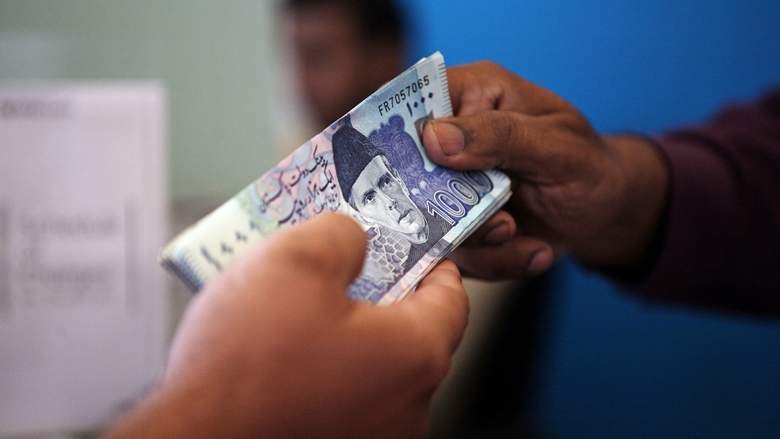
The CPI is based on 13 different data sources, collected from 12 institutions. In case of Pakistan, data is available from only eight of these sources. Out of these eight, only four used the data from a period that lies fully within the PTI government’s tenure. Out of these four, Pakistan’s score actually increased on two and marginally decreased on one. There was only one source — Bertelsmann Foundation Transformation Index (BFTI) — where Pakistan’s score significantly dropped, based on quite recent data.
The BFTI is based on the opinion of two country-experts rather than general public perception. A reduction in score specifically reflects weakness on two counts: prosecuting and penalising public officeholders who abused their position and extent to which the government could contain corruption. The drop in CPI ranking, therefore, had nothing to do with change in the general public perception about corruption since Imran Khan took over.
But it is never about the facts. Instead it’s a battle of narratives. It was the PTI that started the ‘politics of ranking’ and now the chickens have come home to roost.
Why is PTI losing the battle of narratives?
It’s not that the PTI government has not done anything on the accountability front. Soon after it came to power, it formed a high-powered task force for the retrieval of offshore hidden assets, leading to the establishment of a special Asset Recovery Unit. FBR started sniffing for foreign account holders, whereas NAB took up the case of 5,000 or more fake accounts used for money laundering. A high-profile Debt Commission was also set up that, amongst other things, was supposed to look into kickbacks given for public projects. Multiple laws were approved including the Whistleblower Protection and Vigilance Commission Ordinance and the Mutual Legal Assistance Act, while the benami law was operationalised. High-profile political cases were taken up and properties of many were seized on the pretext of corruption.
But these efforts failed to produce the desired results. The political cases lost steam, amidst allegations of preferential treatment for the ruling party politicians and political concessions given to the opposition. Bureaucracy stopped working, bringing the wheel of the state to a halt, necessitating changes in the NAB law. Probes into the past governments excluded Musharraf’s era, raising questions about their impartiality. And various commissions and units struggled to find concrete evidence of any wrongdoing.
Many of the PTI’s electoral promises also remained unfulfilled such as reviewing ‘voluntary return’ and ‘plea bargain’ provisions in the NAB law, organisational reforms in NAB and strengthening the Auditor General’s Office, FIA and Public Accounts Committee. Commitments regarding addressing leakages in public procurement and promoting open government also remained mere promises.
PTI’s own scandals did not help either. Frequent transfers and postings in Punjab under political pressure, delays in Peshawar BRT construction, allegations in Malam Jabba resort land lease and the most recent land dispute between relatives of the two cabinet members leading to the transfer of Deputy Commissioner Rawalpindi also played their part in diluting the accountability and transparency mantra of the government.
The PTI came to power on the slogan of change and accountability. And this is precisely where it has failed to produce results. If you don’t like the message, don’t shoot the messenger. Instead let it serve as a sobering reminder to re-think the accountability approach and start producing some serious results.
Published in The Express Tribune, January 28th, 2020.
Like Opinion & Editorial on Facebook, follow @ETOpEd on Twitter to receive all updates on all our daily pieces.
1725354252-0/Untitled-design-(5)1725354252-0-405x300.webp)
1732099866-0/adele-(3)1732099866-0-165x106.webp)









COMMENTS
Comments are moderated and generally will be posted if they are on-topic and not abusive.
For more information, please see our Comments FAQ